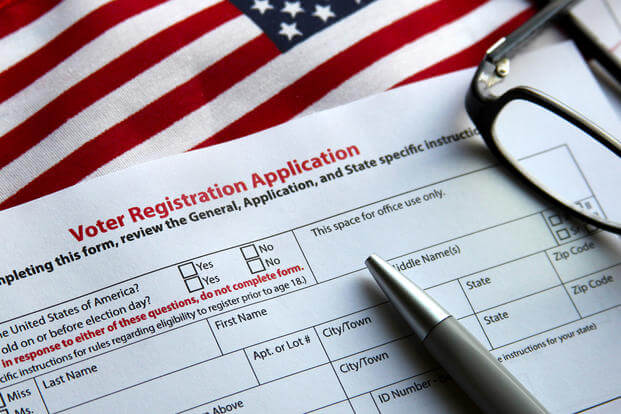Updated: 1/4/2021
You know those topics that you talk about repeatedly, and yet there is still more say? The issue of state of legal residence for military families is one of those subjects.
It has come to my attention that the confusion about state of legal residence, or domicile, has some military members and military spouses thinking that they are exempt from the responsibilities of residence anywhere. This is not true. Everyone is a legal resident of a state, and legal residents of a state have responsibilities to that state, often including paying taxes.
The definition of legal residence can be vague, which is one of the causes of confusion. Legal residence is defined by your long-term intent, as demonstrated by a wide variety of actions. Those actions might include, but are not limited to:
- Paying income tax,
- Registering to vote,
- Actually voting,
- Applying for or accepting a homestead exemption on real property taxes,
- Maintaining a driver's license,
- Registering a vehicle.
In most cases, no single action makes you a legal resident of a state, nor can any single action make you not be a resident of a state. It is the collective statement made by all these actions.
Unfortunately, many military service members and active duty spouses don't demonstrate their intent clearly, with various indicators from states all over the country. The situation is further complicated by inconsistencies between state laws, and federal law (the Military Spouse Residency Relief Act) that only requires that states permit military spouses to maintain either the same state of legal residence as their service member spouse or the state in which they actually reside.
However, regardless of where the service member or spouse takes any of these actions, he or she is a legal resident of somewhere. You are never NOT a resident of some state. In the event that the state where you are a legal resident has responsibilities such as paying state income tax, then you must fulfill those responsibilities just like any other citizen (unless, of course, there are exceptions for military members.)
It Doesn't Matter Until It Does Matter
Here's the thing about state of legal residence it isn't an issue until a state decides that you are a resident of their state. Many people, civilian and military, claim to be residents of states in which they really don't belong. Sometimes it is on purpose, sometimes it is by accident. This can go on for years if there is no reason for the actual state of legal residence to pursue the individual.
However, states can, and do, pursue individuals for not fulfilling the legal requirements of their residents. New York is probably the largest challenger of legal residence, with California close behind. Regardless of the state in question, if your actions indicate that you are a legal resident of a state and you're not fulfilling the responsibilities, you could find yourself at the wrong end of legal action.
With state budgets short on cash, and technology that makes cross-referencing various databases fast and easy, it is reasonable to guess that states will continue to find better ways to identify individuals who are actually legal residents of their states. Make life a little easier for yourself by understanding the applicable laws, establishing a clear domicile and fulfilling the responsibilities of residency for the state in which you are a resident.
Keep Up With Military Pay Updates
Military pay benefits are constantly changing. Make sure you're up-to-date with everything you've earned. Subscribe to Military.com to receive updates on all of your military pay and benefits, delivered directly to your inbox.









